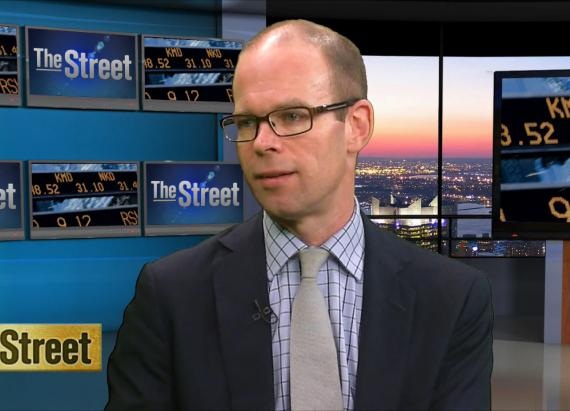
When you speak to investors on a daily basis — as I used to — you often get to see the seedy underbelly of their retirement planning, or lack thereof. From those who were not saving for retirement because they didn’t trust the stock market to those who were struggling with paying off debt, many people I spoke with had allowed circumstances to hold them back from properly preparing for life after work.
My experience is not unique: Statistics show that 36 percent of Americans have nothing saved for retirement, and the average retirement savings of a 50-year-old is just over $43,000. As a former stockbroker, I’ve been asked often how to succeed at retirement planning, and I usually offered the tips below.
1. Don’t Let Your Starting Amount Hold You Back
One of the most common beliefs with investing for retirement is that you need to start with a lot of money. Of course, having more is better, but starting with less should not hold you back. When you delay your retirement planning, you lose out on the biggest ally — time.
Think of saving for retirement as a marathon, not a sprint. It’s less important to get a fast start out and more important that you pace yourself for the long haul. If you start to invest with little money now, you will develop a discipline that will help your retirement planning in the long run and give your money more time to grow.
Many online brokerages have minimum opening account balances of $1,000 or less. Less traditional, though still good, options like ShareBuilder from Capital One (COF) or Motif Investing allow you to start investing for as little as $250.
2. Be Cheap About Fees
Among the biggest impediments to building up your retirement nest egg are fees, such as the commissions associated with buying and selling individual stocks, or the “load” and management fees charged by mutual funds or exchange-traded funds.
I’ve spoken to many investors who had no clue what fees they were paying on their retirement accounts. Let’s consider Fidelity Investments: It’s a top-notch brokerage that does a great job serving clients’ retirement needs. However, the average Fidelity customer pays just over $900 a year in fees. How can you keep your costs well below that level? By being an informed investor.
Instead of picking actively managed funds that charge high fees, select lower-priced passively managed index funds. (Research shows that higher-cost funds don’t produce better returns than lower-cost ones.)
If you like to trade stocks within your retirement portfolio, either decrease your number of trades or ask your brokerage to charge you a lower commission. If you give your brokerage enough business, it will gladly grant your request.
Take advantage of lower-priced funds within your company-sponsored 401(k). If there aren’t any, ask your benefits managers to add some.
3. Reject Fear
“Time is your friend; impulse is your enemy,” Vanguard Group founder John Bogle once said. I love that quote. The stock market is horribly irrational. It could be argued that the market moves on 90 percent emotion and 10 percent reason. And when the bulk of your retirement is riding on how that mercurial beast behaves, it can be difficult to not let fear get the best of you. But consider what giving in to those emotions has cost investors over the past five or six years. When the market plunged at the start of the Great Recession, millions fled stocks — selling low and losing huge. Then, still fearful, large percentages of them stayed away from Wall Street and missed the rebound, costing them all the profits they could have made as the major indexes returned to (and surpassed) their previous highs.
What Bogle is saying is to let time do its thing. Don’t give into impulse or emotion when it comes to your investments; it’ll only harm you in the long run.
Instead, ride the wave. Buy and hold. Take advantage of dollar-cost averaging, so that stock dips become opportunities, rather than cues to panic. Not only will this put you ahead in the retirement planning game, it’ll also avail you to potential opportunities to bolster your portfolio. It can be difficult to remove emotion from your investing, especially when it comes to saving for retirement, but your portfolio will be much better served by allowing reason to dictate it.
.
#fivemin-widget-blogsmith-image-338626{display:none}.cke_show_borders #fivemin-widget-blogsmith-image-338626,#postcontentcontainer #fivemin-widget-blogsmith-image-338626{width:570px;height:411px;display:block}
 try{document.getElementById(“fivemin-widget-blogsmith-image-338626″).style.display=”none”;}catch(e){}
try{document.getElementById(“fivemin-widget-blogsmith-image-338626″).style.display=”none”;}catch(e){}
•3 Everyday Events That Can Teach Your Kids About Money
•To Feel Better About Your Finances, Try This Simple Plan
•4 Killer Money Lessons Hidden in ‘Game of Thrones’


Leave a Reply